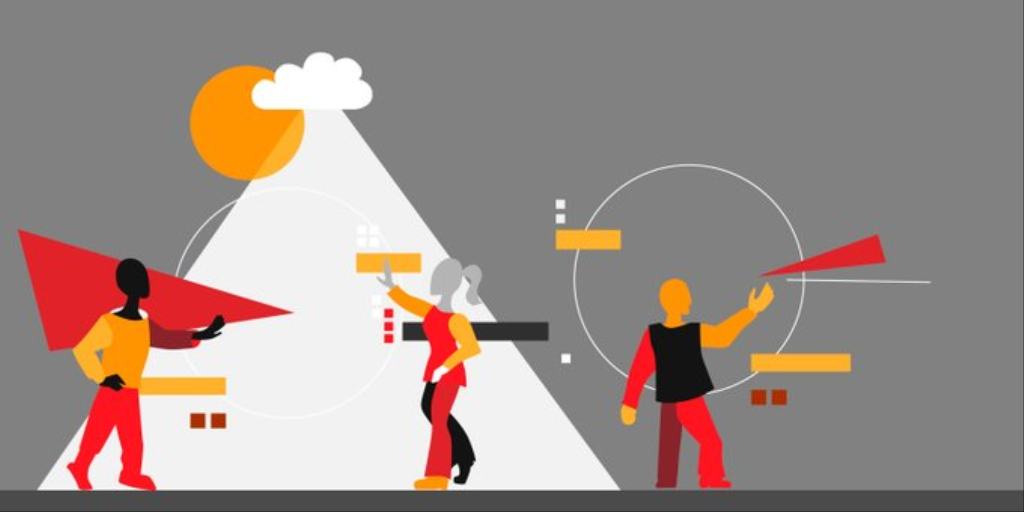As someone who uses their smartphone, PC, or laptop frequently, you already have a sense of how important it is to protect yourself from online threats. Hackers love to take advantage of your gadgets’ vulnerabilities and steal private information, like your email password and credit card information. The hard truth is that they’ll only get better at it over time.
You shouldn’t be remiss in installing antivirus software that can properly safeguard you from all sorts of cyber threats, like malware, phishing scams, and distributed denial-of-service (DDoS) attacks. However, with so many antivirus programs to choose from, you may have a hard time determining which one will give you the best protection. How can you narrow down your options for a robust antivirus program that will truly ensure your online safety?
When browsing your options, it’s a good idea to read the security features of each one you’re checking. For instance, if you’re taking a look at TotalAV, you’ll want to conduct a TotalAV antivirus review first before committing. You should also keep the following features in mind during your review because they’re must-haves when searching for antivirus software that you can truly count on for the money that you’ll pay:
TotalAV antivirus review
1) A User-Friendly Interface
One feature that few individuals really prioritize when selecting antivirus software is a user-friendly interface. But it’s not enough that a program offers comprehensive protection against cyber threats; it should also have a well-designed and intuitive interface that enhances a user’s overall experience. A clear and organized layout, with easily accessible menus and controls, will also allow individuals to navigate the software effortlessly and perform key actions like updates, whether they’re tech-savvy or not.
2) Real-Time Scanning
As the term implies, real-time scanning enables the software to actively monitor files, programs, and activities on a computer in real time. This means that while you’re browsing the internet, you can have the program scan for potential threats and promptly identify and neutralize any malicious elements as quickly as possible.
This proactive approach also ensures that malware and other harmful entities are intercepted before they can cause damage. Real-time scanning is a crucial line of defense in an antivirus solution, providing you with continuous protection and peace of mind.
3) Scheduled Scanning
Scheduled scanning is a practical feature that allows you to automate regular system scans at specified intervals. With the ability to set up a dedicated scanning schedule, you can ensure that your entire system is routinely checked for potential threats with minimal need for manual intervention. This will be particularly beneficial if you have a busy schedule and tend to forget to perform regular scans. It also shouldn’t be hard to customize the frequency of your scans based on your preferences and ultimately strike a balance between achieving thorough protection and minimal impact on your system’s performance.
4) Automatic Updates
Automatic updates ensure your antivirus program has the latest virus definitions, security patches, and detection capabilities. This way, the software will remain vigilant against emerging threats, providing its users with robust protection. Enabling this feature eliminates the need for you to manually check for updates, thus reducing your risk of overlooking critical security enhancements.
5) Quarantine and Removal
In the unfortunate event that malware or suspicious files are detected on your device, robust antivirus software should offer a quarantine and removal feature. When it identifies a threat, this feature should be able to isolate infected files in a secure quarantine area, preventing them from causing harm to the rest of the system.
You should then be given options to either remove or repair the affected files. Either way, you should expect to take immediate action to mitigate the impact of potential threats, safeguarding both your data and your system’s integrity.
6) Firewall Integration
A firewall acts as a barrier between a user’s computer and its broader network, monitoring and controlling both incoming and outgoing network traffic. If seamlessly integrated with the antivirus solution, a firewall should add an extra layer of defense against various online threats, including malware and unauthorized access. This feature is especially important if you want holistic protection from cyber threats, as combining both antivirus and firewall capabilities will create a strong shield against them.
7) Email Scanning
Emails are a common vector for malware and phishing attacks, and as such, you’ll want to invest in antivirus software with email scanning capabilities. This type of software can detect and neutralize threats embedded in email attachments or links, ensuring that you’re protected from malicious content that may attempt to infiltrate your system through email communications.
8) Phishing Protection
Now that bad actors have become more sophisticated in their phishing methods, your antivirus software should adapt and come with robust phishing protection mechanisms. Advanced phishing protection features can, among others, analyze website URLs, content, and user behavior to recognize and thwart phishing schemes.
These should help you identify and block phishing attempts and better safeguard you from deceptive websites and malicious links that aim to steal your sensitive information.
9) Behavioral Analysis
Antivirus software equipped with behavioral analysis goes beyond traditional signature-based detection methods. An antivirus solution that comes with this capability should be able to monitor the behavior of the programs and processes you access in real-time, identifying anomalies that may indicate the presence of malware. This is what will enable the antivirus program to detect previously unknown threats or variants of existing malware so that it can stay ahead of imminent threats.
10) Low System Impact
Lastly, a well-designed antivirus solution should provide adequate protection without unduly impacting your system’s performance. You’ll want antivirus software that operates efficiently in the background without consuming too much of your laptop’s, PC’s, or smartphone’s resources so that you can properly avoid system disruptions.
Whether you’re running scans, updating virus definitions, or performing real-time monitoring, the antivirus program should strike a balance between thorough protection and a smooth user experience. This is especially important for individuals who want effective security without sacrificing the speed and responsiveness of their devices.
You may not be able to depend on just any antivirus solution to protect yourself from various cyber threats. But the list above should help you find one that ensures you’re getting the best online security for what you pay for.



